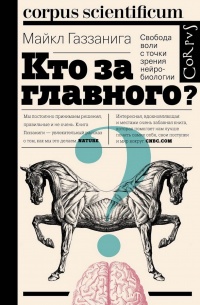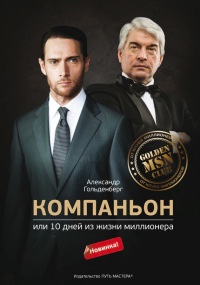Книга Принцип ставок. Как принимать решения в условиях неопределенности - Энни Дьюк
На нашем литературном портале можно бесплатно читать книгу Принцип ставок. Как принимать решения в условиях неопределенности - Энни Дьюк полная версия. Жанр: Книги / Психология. Онлайн библиотека дает возможность прочитать весь текст произведения на мобильном телефоне или десктопе даже без регистрации и СМС подтверждения на нашем сайте онлайн книг knizki.com.
Шрифт:
-
+
Интервал:
-
+
Закладка:
Сделать
Перейти на страницу:
Перейти на страницу:
Внимание!
Сайт сохраняет куки вашего браузера. Вы сможете в любой момент сделать закладку и продолжить прочтение книги «Принцип ставок. Как принимать решения в условиях неопределенности - Энни Дьюк», после закрытия браузера.
Книги схожие с книгой «Принцип ставок. Как принимать решения в условиях неопределенности - Энни Дьюк» от автора - Энни Дьюк:
Комментарии и отзывы (0) к книге "Принцип ставок. Как принимать решения в условиях неопределенности - Энни Дьюк"
























